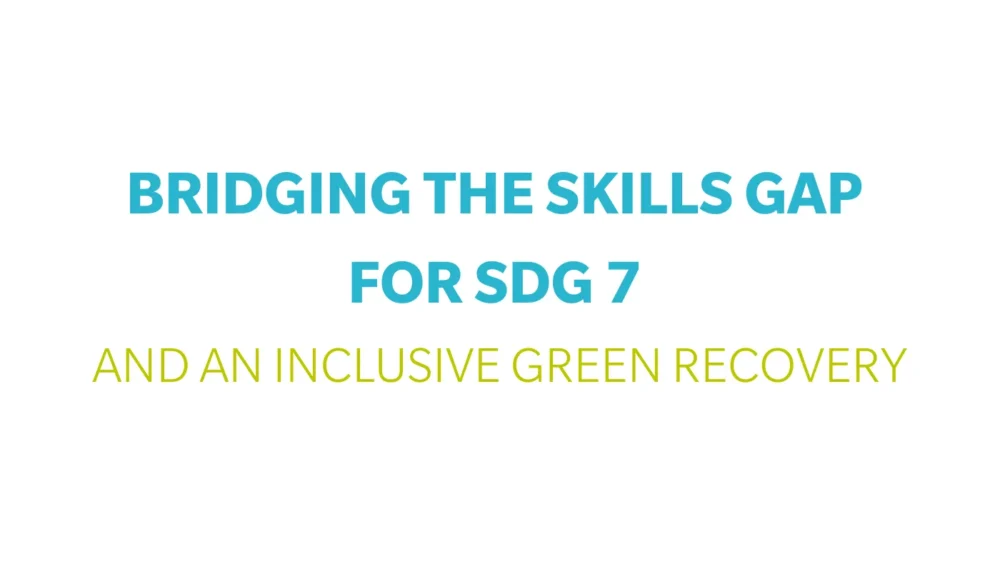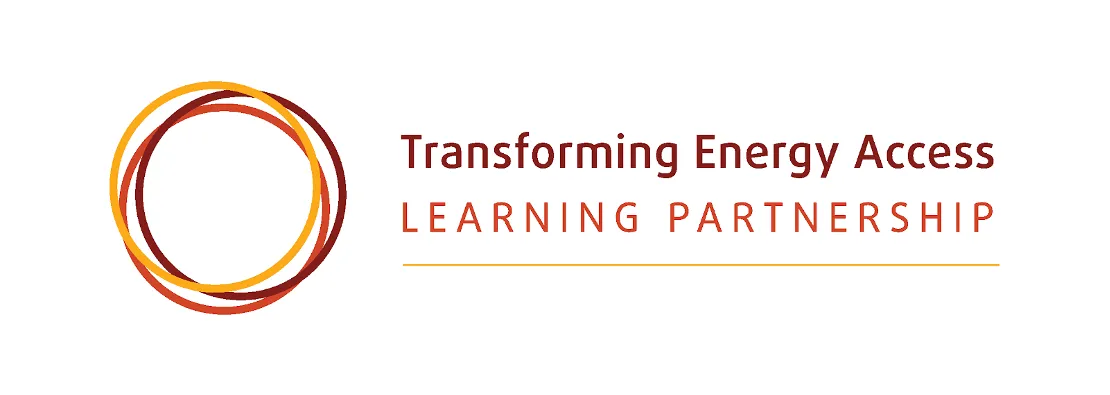Bridging the Skills Gap for SDG7 and an Inclusive Green Recovery
A new generation of energy access professionals are needed to address the gaping energy access deficit in many regions across the globe, particularly in Sub-Saharan Africa

By Whitney Pailman and Dr Jiska de Groot
A new generation of energy access professionals are needed to address the gaping energy access deficit in many regions across the globe, particularly in Sub-Saharan Africa, one the regions with the largest deficit. The predictions are worrying. The Tracking SDG 7: The Progress Report 2022 estimates that by 2030, 670 million people will still not have access to affordable, reliable, and sustainable energy as envisioned in the UN’s Sustainable Development Goal (SDG) 7, despite notable progress towards achieving this ideal. The topic of universal energy access continues to garner significant attention in the global agenda including SEforAll, the UN high Level Political Forum and recent discussions at COP26, while remaining a local priority for many countries concertedly working towards universal access targets. Underpinning the above is the need for a local, dynamic skilled workforce, alongside innovations in technology, business models and finance. The COVID-19 pandemic has added complexity to achieving these goals, slowing down some of the gains that have been made. This has increased the importance and urgency of a green recovery and the human capital needed to adequately respond in a time of flux. As distributed renewable energy (DRE) is expected to play a critical role in achieving SDG 7, developing professionals with the necessary breadth and depth of skills and expertise is paramount to proactively lead a just and inclusive green recovery.
Recognising the critical gap for local skilled professionals, the Transforming Energy Access Learning Partnership (TEA-LP), as part of the broader TEA programme was established in 2018, and supported eight universities in Sub- Saharan Africa to develop contextually relevant energy access post-graduate courses and programmes, building the necessary technical skills but also soft and transferable skills. By early 2022, six of these universities had launched their new programmes, a first of their kind at African universities, and over 90 post-graduate students were enrolled in their Masters studies focused on energy access. Through these programmes, the TEA-LP provided students with access to cutting edge learning opportunities for the energy access sector. As of 2023, the member universities of the TEA-LP will provide the sector with an estimated 100 energy access graduates annually. As part of its scale-up in the coming four years, the TEA LP will increase both the number of participating universities and its geographical coverage, adding a minimum of 20 universities in Africa and the Indo-Pacific region to the existing partnership.
Although its focus will remain on higher education and professional development, the new phase of the TEA-LP will be delivered through three complementary work streams that:
- Address the need for new and improved curricula, and prepare graduates to push for the energy access agenda to be delivered.
- Reach out to professionals in the sector through the design and implementation of new CPD courses for energy access professionals.
- Significantly expand its networking function in response to the urgent need for improved Southern visibility and recognition in the energy access sector space.
In doing so, the TEA-LP will expand its networking function for universities, their students, and other relevant stakeholders to jointly address the energy access challenge. These activities will help the TEA-LP to maximise its long-term impacts on the education sector for energy access. This will contribute to achieving the critical skills needs in the sector to tackle energy access challenge and in doing so foster and a green and inclusive recovery.
